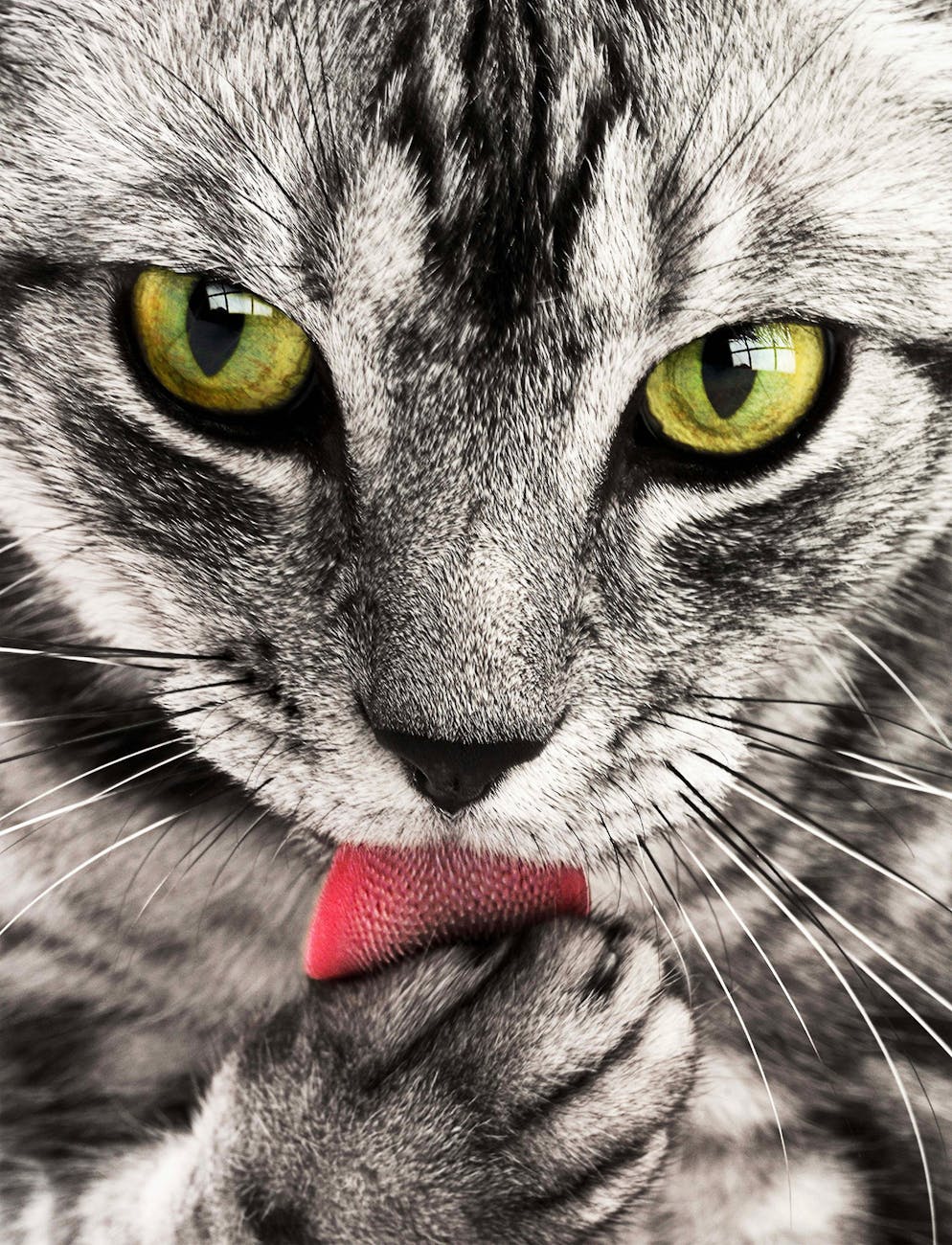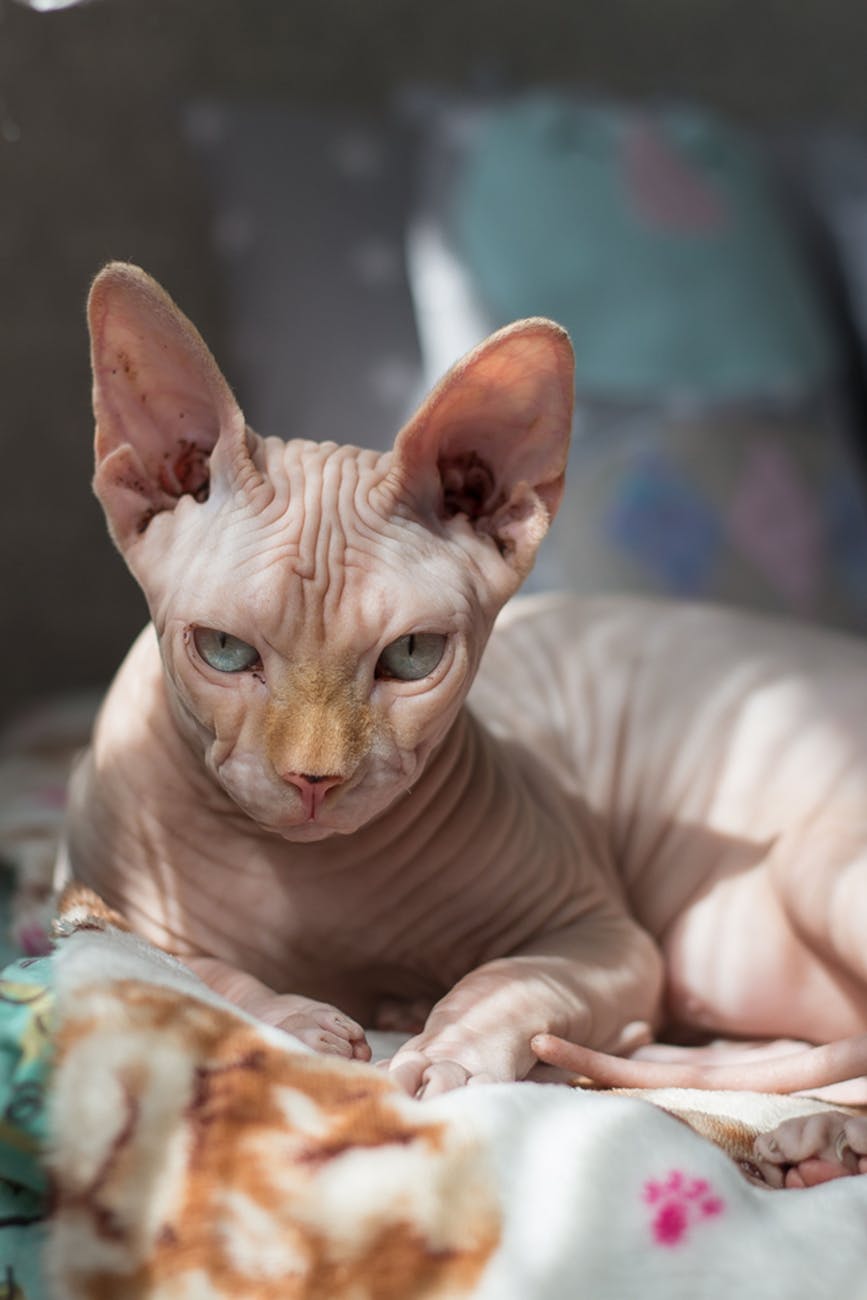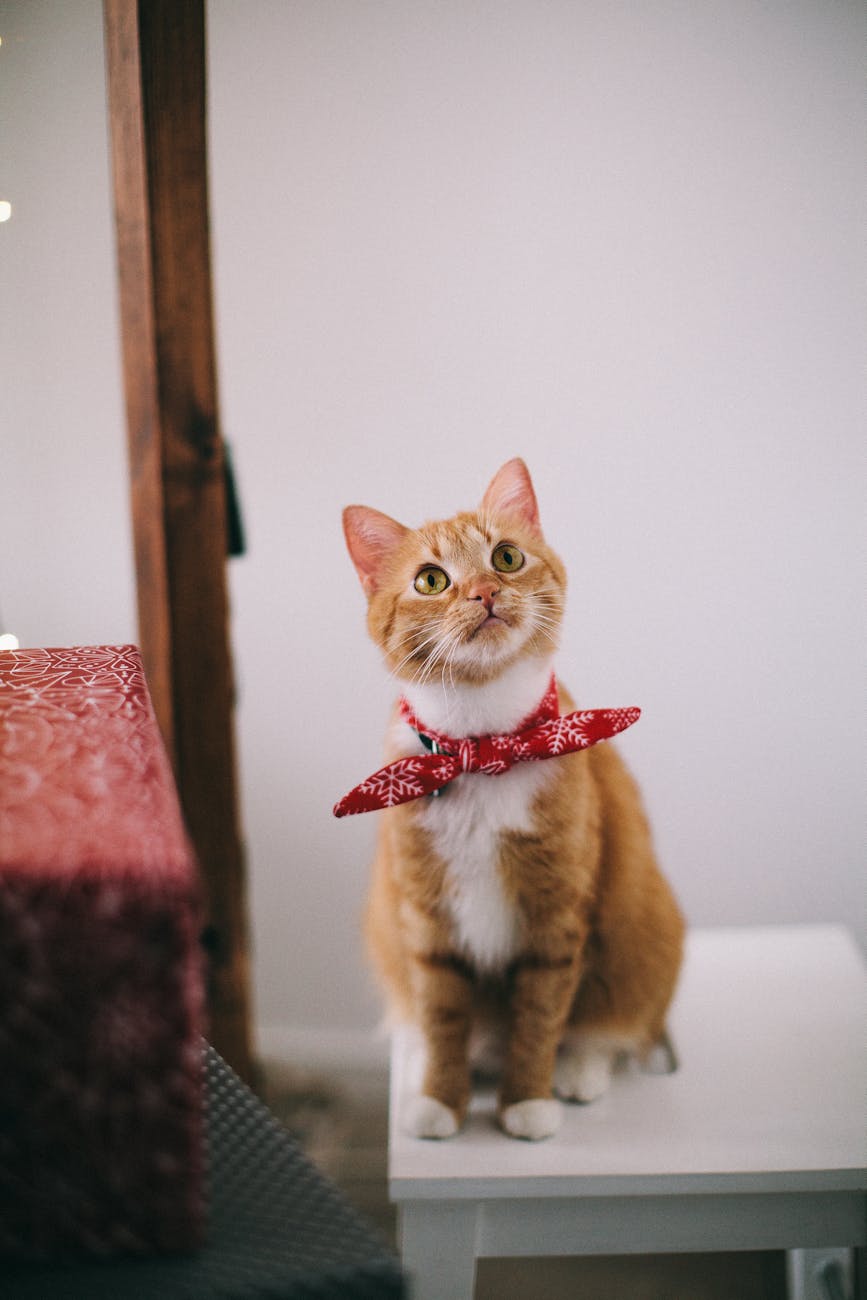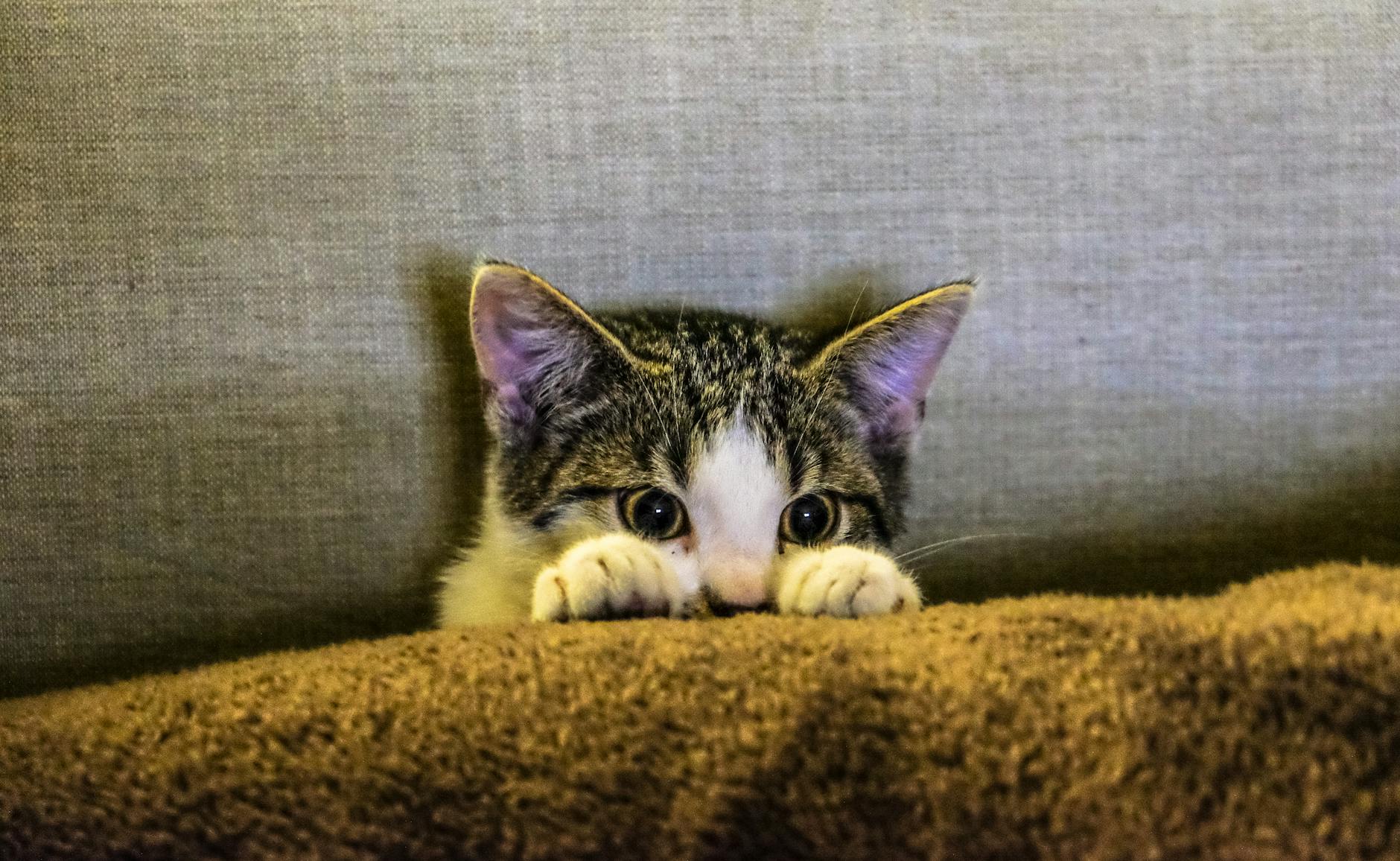Many cat owners often wonder, "can cats eat tomatoes?" While felines thrive on a diet primarily composed of meat, it’s crucial to understand which foods are safe and beneficial for them. Tomatoes contain certain compounds that can be toxic to cats, especially when unripe. In this post, we will explore the nutritional needs of cats, the potential risks of tomato consumption, and suggest safe alternatives to incorporate into their diet while ensuring their well-being.
The Nutritional Needs of Cats
When exploring whether can cats eat tomatoes, it’s essential to first understand their nutritional requirements. Cats are obligate carnivores, meaning their diet predominantly consists of animal products. Here are key dietary components cats need:
- Proteins: Vital for muscle strength and energy, cats require high-quality animal proteins.
- Fats: Essential fatty acids like omega-3 and omega-6 support skin health and maintain their coat’s shine.
- Vitamins and Minerals: Cats need specific vitamins (such as A, D, and B) and minerals (like calcium and phosphorus) to regulate various bodily functions.
Considerations
While cats do not need carbohydrates in their diet, they occasionally consume small amounts from plant sources, which raises the question: can cats eat tomatoes?
- High Protein Requirement: Cats need at least 26% protein in their diets, vs. 10% for most dogs.
- Water Content: Additionally, cats should stay hydrated; incorporating moist foods can help meet their fluid needs.
Understanding these elements helps pet owners provide appropriate food options—especially when considering potentially harmful foods, such as tomatoes.

Understanding the Toxic Components of Tomatoes
When exploring the question, can cats eat tomatoes, it’s vital to understand the potential risks associated with this fruit. Tomatoes contain several compounds that can be harmful to felines, particularly in certain forms. Here are the key components:
- Solanine: Found in the green parts (stems and leaves) and unripe tomatoes, solanine can lead to gastrointestinal distress in cats.
- Tomatine: This toxic alkaloid present in tomatoes can cause more severe reactions, including lethargy and increased heart rate if ingested in large amounts.
- Acidity: While not toxic, the acidity in tomatoes may cause stomach upset or discomfort in sensitive cats.
Toxicity Comparison Table
| Component | Toxic Level | Affects Cats? |
|---|---|---|
| Solanine | Mild to Moderate | Yes (in excess) |
| Tomatine | Moderate to High | Yes (serious risks) |
| Acidity | Low | Possible discomfort |
In conclusion, while can cats eat tomatoes? The answer leans towards caution. Always be aware of the specific type and ripeness of tomatoes before considering their safety for your feline friend.
Are ripe tomatoes safe for cats?
When considering whether can cats eat tomatoes, the safety of ripe tomatoes is a common point of discussion. Ripe tomatoes, unlike their unripe counterparts, generally pose fewer risks to your feline friend. Here’s what you need to know:
- Nutritional Benefits: Ripe tomatoes contain vitamins A and C, along with antioxidants that can support overall feline health.
- Moderation is Key: If you decide to share ripe tomatoes, do so in moderation. A small piece occasionally will not harm your cat.
- Preparation Matters: Always wash tomatoes thoroughly and remove any stems or leaves, as these parts are toxic.
Ripe vs. Unripe Tomatoes
| Type | Safety Level | Nutritional Value |
|---|---|---|
| Ripe Tomatoes | Generally Safe | Vitamins A & C, Antioxidants |
| Unripe Tomatoes | Toxic | Contains Solanine |
In conclusion, while a small amount of ripe tomato may be enjoyable for your cat, ensure it is just a treat rather than a staple. Always keep in mind the question, can cats eat tomatoes safely, and observe your pet’s reaction. If you have any concerns, consult with your veterinarian.
The Risks Associated with Unripe Tomatoes
When considering whether can cats eat tomatoes, it’s essential to focus on the dangers posed by unripe tomatoes. Unripe tomatoes contain a higher concentration of tomatine, a toxic alkaloid that can harm cats. Here’s what you need to know:
- Higher Toxicity Levels: Unripe tomatoes can lead to gastrointestinal upset, vomiting, or diarrhea in cats due to the presence of tomatine.
- Potential Symptoms of Toxicity:
- Lethargy
- Lack of appetite
- Abdominal pain
- Muscle weakness
It’s crucial to remember that even small amounts of unripe tomatoes can be dangerous. To keep your feline friend safe:
- Always avoid feeding them unripe tomatoes.
- Observe your cat for any adverse reactions if they accidentally ingest them.
In summary, while ripe tomatoes might be safe in moderation, can cats eat tomatoes? The answer is a cautious yes, but only when fully ripe. Always prioritize your cat’s health by steering clear of unripe varieties.

Other Safe Fruits and Vegetables for Cats
While many cat owners wonder, can cats eat tomatoes, it’s essential to know that several fruits and vegetables are not only safe but also beneficial for feline health. Here’s a list of other safe options you can consider:
- Carrots: Rich in vitamins, carrots can be cooked or offered raw in small pieces.
- Blueberries: These tiny powerhouses provide antioxidants and make a delightful treat for your cat.
- Pumpkin: This is excellent for digestion and can help with hairballs; serve it pureed and plain.
- Cucumbers: Low in calories, cucumbers offer hydration benefits; slice them into bite-sized pieces.
- Peas: Fresh or frozen peas are packed with nutrients and can be a fun snack for your furry friend.
Always remember that moderation is key! Introducing any new food should be gradual, allowing you to monitor for any adverse reactions. By ensuring your cat’s diet is varied and nutritious, you can enhance their well-being without resorting to questionable options like tomatoes.
Signs of Tomato Toxicity in Cats
If you suspect your feline friend may have consumed tomatoes, it’s essential to recognize the signs of tomato toxicity. While ripe tomatoes contain lower levels of toxic compounds, unripe tomatoes and the green parts of the plant are more harmful. Here are key symptoms to monitor:
- Gastrointestinal Distress: Look for vomiting, diarrhea, or abdominal pain. These are common reactions if your cat ingests tomatoes.
- Lethargy: If your cat appears unusually tired or less active, it may indicate discomfort or illness.
- Increased Heart Rate: Monitor your cat’s heart rate; a rapid heartbeat can signal toxicity.
- Difficulty Breathing: If your cat seems to have trouble breathing, seek immediate veterinary assistance.
- Tremors or Seizures: In severe cases, tremors or seizures may occur, requiring urgent medical attention.
Remember, can cats eat tomatoes safely? Only ripe, small amounts can be tolerated. However, it’s always best to consult your veterinarian if you observe any of these symptoms or if you have concerns regarding your cat’s diet. Taking preventive measures is crucial for your cat’s health and well-being.
Alternatives to Tomatoes for Feline Diets
When considering your cat’s diet, it’s essential to provide a variety of safe and nutritious options. If you’re pondering the question, "can cats eat tomatoes," it’s wise to explore other alternatives that are not only safe but also beneficial. Here are some excellent choices:
Carrots: Rich in vitamins, fiber, and antioxidants. Cooked carrots can be a crunchy treat!
Pumpkin: A great source of fiber, pumpkin can help with digestion. Many cats enjoy its flavor.
Blueberries: These are high in antioxidants and are often a favorite among felines.
Cucumbers: Hydrating and low in calories, cucumbers are refreshing snacks.
Zucchini: Packed with nutrients, its soft texture makes it easy to incorporate into meals.
Peas: Also rich in protein and fiber, peas can be served cooked or raw.
Quick Comparison of Alternatives
| Alternative | Nutritional Benefit | Preparation Suggested |
|---|---|---|
| Carrots | Vitamins and fiber | Cooked |
| Pumpkin | Digestive health | Pureed or cooked |
| Blueberries | Antioxidants | Fresh |
| Cucumbers | Hydration | Raw, sliced |
| Zucchini | Nutrients | Cooked or raw |
| Peas | Protein and fiber | Cooked or raw |
While pondering "can cats eat tomatoes," remember that these alternatives provide a safe and nutritious addition to your cat’s diet. Always introduce new foods gradually, and consult your veterinarian to ensure optimal dietary choices for your beloved feline!

Consulting with Your Veterinarian on Cat Nutrition
When it comes to your cat’s diet, seeking professional advice is crucial. A veterinarian can provide tailored guidance to ensure your furry friend receives the right nutrients, and importantly, understand whether can cats eat tomatoes safely.
Here are a few reasons to consult your vet:
Individual Nutritional Needs: Cats have unique dietary requirements. Your vet can assess your cat’s age, health conditions, and lifestyle to recommend the best food.
Understanding Risks: While some foods may seem safe, a vet can help you navigate the risks, particularly regarding foods like tomatoes.
Safe Substitutes: If you’re worried about the effects of tomatoes on your cat, your veterinarian can suggest safe alternatives that meet their nutritional needs.
Preventive Care: Regular consultations help prevent health issues related to diet, keeping your cat healthy and active.
Ultimately, when it comes to the question of "can cats eat tomatoes," only a qualified professional can provide insight based on your pet’s specific health profile. Always prioritize their expertise for a well-balanced feline diet.
Frequently Asked Questions
Are tomatoes safe for cats to eat?
Tomatoes are generally not considered safe for cats to eat. The green parts of a tomato plant, including the stems and leaves, contain solanine, which can be harmful to cats if ingested. Ripe tomatoes have lower levels of solanine, but they can still cause digestive upset in some felines. It’s advisable to avoid giving tomatoes to your cat to prevent any potential health issues.
What happens if a cat eats a small amount of tomato?
If a cat consumes a small amount of ripe tomato, it may not experience any immediate adverse effects. However, they could potentially suffer from gastrointestinal upset, which might manifest as vomiting or diarrhea. It’s crucial for pet owners to monitor their cats for any signs of distress after consumption. If any concerning symptoms arise, contacting a veterinarian for advice is recommended.
What are safe alternatives to tomatoes for cats?
If you’re looking for safe and healthy treats for your cat, consider options like cooked carrots, green beans, or plain boiled chicken. These foods are not only safe but can also provide nutritional benefits. Always ensure that any alternative treats are prepared without seasoning and that you’re offering them in moderation to avoid upsetting your cat’s digestive system.
Can I use tomatoes in homemade cat food?
It’s best to avoid using tomatoes in homemade cat food recipes. While ripe tomatoes might not be toxic in small amounts, the potential risks associated with their consumption, coupled with their lack of nutritional value for cats, make them an unsuitable ingredient. Instead, focus on combining meats, fish, and cat-safe vegetables to provide a balanced and beneficial diet tailored to your feline’s needs.



